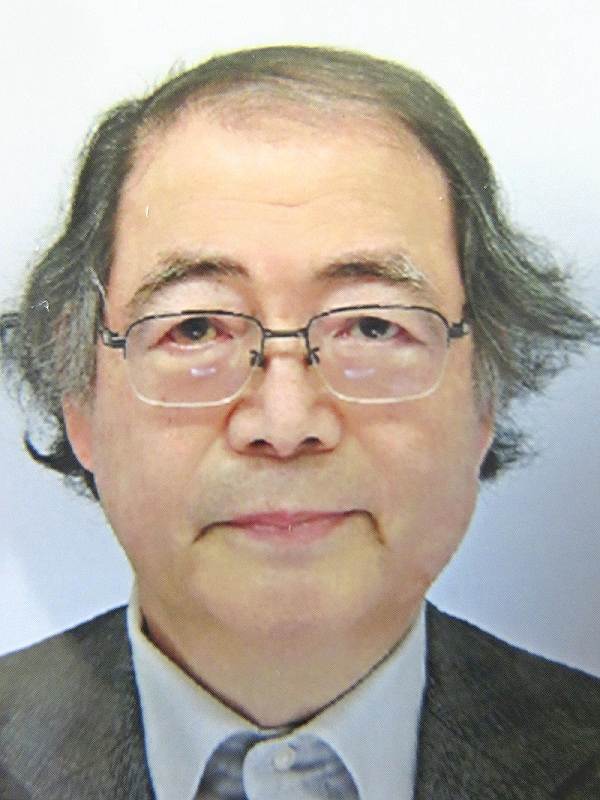
20:00 JST, August 27, 2022
A Tokyo-based nonprofit organization called the Intractable Disease Patient Support Association is suspected of having facilitated a kidney transplant that used a trafficked organ from a living donor overseas. The Yomiuri Shimbun asked experts in the relevant legal and medical systems for their opinion on this matter.
In this installment, we hear from Katsunori Kai, a Waseda University professor specializing in Criminal Law and Medical Law.
Treating organs as articles for economic transactions strongly violates respect for human bodies and harms fairness in organ transplant opportunities. Therefore, the Organ Transplant Law prohibits the purchase or sale of organs, demanding or promising organ sales and making profits by mediating organ transplants. Those convicted of violating the law will be sentenced to up to five years in prison or fined up to ¥5 million.
The regulations apply regardless of whether the donor is dead or alive. The law can also cover organ deals outside Japan because it includes clauses about overseas culprits.
In this case, involving the nonprofit organization, it has been clearly pointed out that the donor was Ukrainian and the reward for a kidney was about $15,000 [about ¥2 million]. It is absolutely necessary to find out exactly what happened.
The donor and the hospital were introduced to the recipient by a Turkish coordinator, who is suspected of repeated involvement in the illegal organ trade in multiple countries. Japan should consider giving the information to and working with Interpol.
Under another regulation of the law, those intending to do business by acting as go-betweens for organ transplants from the bodies of dead or brain-dead donors are urged to obtain permission from the health, labor and welfare minister. If organizations for cornea transplants are excluded, the Japan Organ Transplant Network is the only organizations that has obtained such permission.
But the nonprofit organization in this case has admitted its involvement in about 170 organ transplant cases overseas in the past and said that five of the cases were live-donor organ transplants. It will be necessary to find out whether the organization was an organ transplant broker in those cases.
It has been known for more than 20 years that private groups were acting as brokers for organ transplants outside Japan. Some of the cases were investigated by police, but none were prosecuted due to difficulties in substantiating the cases.
The Health, Labor and Welfare Ministry has not examined the real picture of broker groups, saying the law does not clearly define the extent of the ministry’s investigation authority. Perhaps there is a need to prepare legislation that better corresponds to reality, to manage and control such groups’ activities.
— Katsunori Kai, 67, is a Waseda University professor specializing in Criminal Law and Medical Law. He is a director of the Japan Association for Bioethics. His publications include “Zoki Ishoku to Keiho” (Organ Transplants and Criminal Law).
Top Articles in Society
-

Man Infected with Measles Reportedly Dined at Restaurant in Tokyo Station
-

Man Infected with Measles May Have Come in Contact with Many People in Tokyo, Went to Store, Restaurant Around When Symptoms Emerged
-

Woman with Measles Visited Hospital in Tokyo Multiple Times Before Being Diagnosed with Disease
-

Australian Woman Dies After Mishap on Ski Lift in Nagano Prefecture
-

Foreign Snowboarder in Serious Condition After Hanging in Midair from Chairlift in Nagano Prefecture
JN ACCESS RANKING
-

Japan PM Takaichi’s Cabinet Resigns en Masse
-

Japan Institute to Use Domestic Commercial Optical Lattice Clock to Set Japan Standard Time
-

Israeli Ambassador to Japan Speaks about Japan’s Role in the Reconstruction of Gaza
-

Man Infected with Measles Reportedly Dined at Restaurant in Tokyo Station
-

Videos Plagiarized, Reposted with False Subtitles Claiming ‘Ryukyu Belongs to China’; Anti-China False Information Also Posted in Japan





















